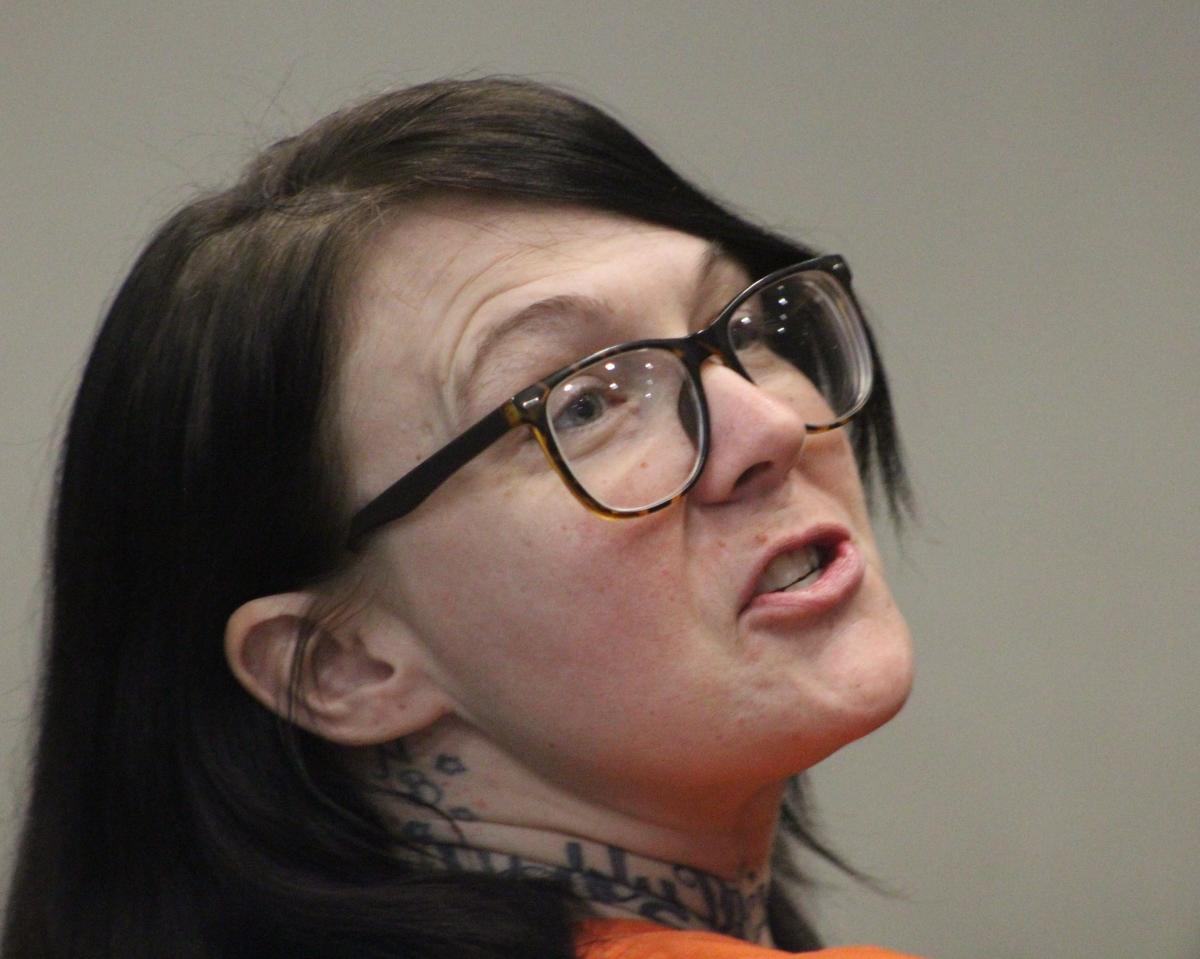Gov. Roy Cooper (File Photo)
Governor Roy Cooper commuted the sentences of 15 death row inmates to life without possibility of parole on New Year’s Eve following five years of vigils outside the governor’s mansion and a two-year sustained campaign to grant clemency to all inmates sentenced to death.
The commutations came as inmates in North Carolina face a ticking clock on the death penalty, which has been on hold for nearly 20 years amid challenges to the punishment’s legality. Should the courts in North Carolina rule against those challenges, executions could resume with haste, as dozens of the state’s death row inmates have exhausted all other avenues for appeal.
Advertisement
Advertisement
While falling short of the request to commute all death sentences in North Carolina, Cooper’s action reduced the number of pending death sentences in the state from 136 to 121. Cooper also issued two non-death penalty commutations and two pardons of forgiveness Tuesday afternoon, bringing him to a total of 34 pardons and 43 commutations in office — the most extensive use of clemency powers by any North Carolina governor in the 21st century.
“These reviews are among the most difficult decisions a Governor can make and the death penalty is the most severe sentence that the state can impose,” Cooper said in a statement. “After thorough review, reflection, and prayer, I concluded that the death sentence imposed on these 15 people should be commuted, while ensuring they will spend the rest of their lives in prison.”
Prior to this announcement, only five death sentences had ever been commuted in the state since the introduction of the modern death penalty — all in the eleventh hour before execution. With no executions scheduled, Cooper’s act of clemency is the first of its kind in the state. Notably, all but one of the clemency recipients are people of color, which advocates said was significant due to racial bias in the administration of the death penalty. The state’s death row — the fifth-largest in the country — was more than 60 percent people of color prior to the commutations.

Hasson Bacote in a photo taken at Central Prison in Raleigh, where North Carolina’s death row for men is located. (Photo courtesy of the Center for Death Penalty Litigation.)
Cooper’s actions follow a wave of clemency grants around the country to death row inmates, even as Americans’ attitudes around criminal justice have hardened under Joe Biden’s presidency. In 2022, Oregon Governor Kate Brown emptied death row in her state when she pardoned the last 17 inmates sentenced to death. Earlier this month, Biden granted clemency to all but three federal death row inmates as President-elect Donald Trump seeks to resume executions.
Advertisement
Advertisement
Among those whose sentences Cooper commuted was Hasson Bacote, 38, a Black man who was sentenced to death in 2009 and who became the lead plaintiff in Bacote v. North Carolina, a case challenging the legality of the death penalty in the state on the basis of the Racial Justice Act. The law, though repealed in 2013, allowed death row inmates who could show race played a role in their trials to challenge their sentences.
“This decision is a historic step towards ending the death penalty in North Carolina, but the fight for justice does not end here,” said Cassandra Stubbs, the director of the American Civil Liberties Union’s Capital Punishment Project. “We remain hopeful that the court will issue a ruling under the state’s Racial Justice Act in Mr. Bacote’s case that we can leverage for relief for the many others that still remain on death row.”
The ACLU and other advocacy groups have argued that racial bias plays an inescapable role in administration of the death penalty and as such, all such sentences in the state should be struck down. Though Bacote was granted clemency for his original sentence, his counsel still anticipate a ruling on the case.

Signs along Jones Street in Raleigh call for clemency for Cerron Hooks and Nathan Bowie, two recipients of commutations Tuesday. (Photo courtesy of Kristie Puckett.)
Noel Nickle, the executive director of the North Carolina Coalition for Alternatives to the Death Penalty, said she felt “gratitude and determination” upon seeing the announcement. She felt “quite emotional” reading the 15 names as each represents a person and a life no longer facing execution.
Advertisement
Advertisement
More in U.S.
“We are just indebted to Governor Cooper for taking this bold step, one that no North Carolina governor has ever taken before, and we believe that it sets a course for us to continue our work to dismantle this systemically racist, brutal system,” Nickle said.
Kristie Puckett, an organizer with Forward Justice, said it is a “great day” for those who received clemency as well as their advocates — and she hopes Cooper’s act of mercy sets a precedent for future governors to take similar steps, including Governor-elect Josh Stein, who takes office on Jan. 1.
“We have to continue to push for the rest of those folks — and so 121 folks left on death row still need to have consideration and to have care,” Puckett said. “Everyone needs an opportunity to have a redo, an opportunity to show that they’ve changed, or that redemption is possible.”
The full list of death row inmates whose sentences were commuted to life without possibility of parole include:
-
Hasson Bacote, 38, convicted in Johnston County in 2009.
-
Iziah Barden, 67, convicted in Sampson County in 1999.
-
Nathan Bowie, 53, convicted in Catawba County in 1993.
-
Rayford Burke, 66, convicted in Iredell County in 1993.
-
Elrico Fowler, 49, convicted in Mecklenburg County in 1997.
-
Cerron Hooks, 46, convicted in Forsyth County in 2000.
-
Guy LeGrande, 65, convicted in Stanly County in 1996.
-
James Little, 38, convicted in Forsyth County in 2008.
-
Robbie Locklear, 52, convicted in Robeson County in 1996.
-
Lawrence Peterson, 55, convicted in Richmond County in 1996.
-
William Robinson, 41, convicted in Stanly County in 2011.
-
Christopher Roseboro, 60, convicted in Gaston County in 1997.
-
Darrell Strickland, 66, convicted in Union County in 1995.
-
Timothy White, 47, convicted in Forsyth County in 2000.
-
Vincent Wooten, 52, convicted in Pitt County in 1994.
EMEA Tribune is not involved in this news article, it is taken from our partners and or from the News Agencies. Copyright and Credit go to the News Agencies, email news@emeatribune.com Follow our WhatsApp verified Channel




